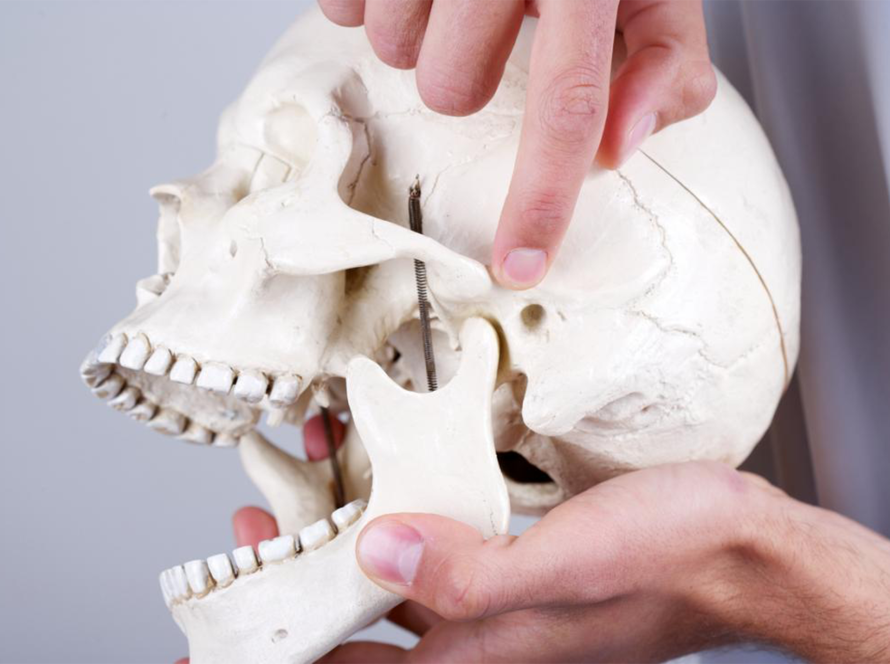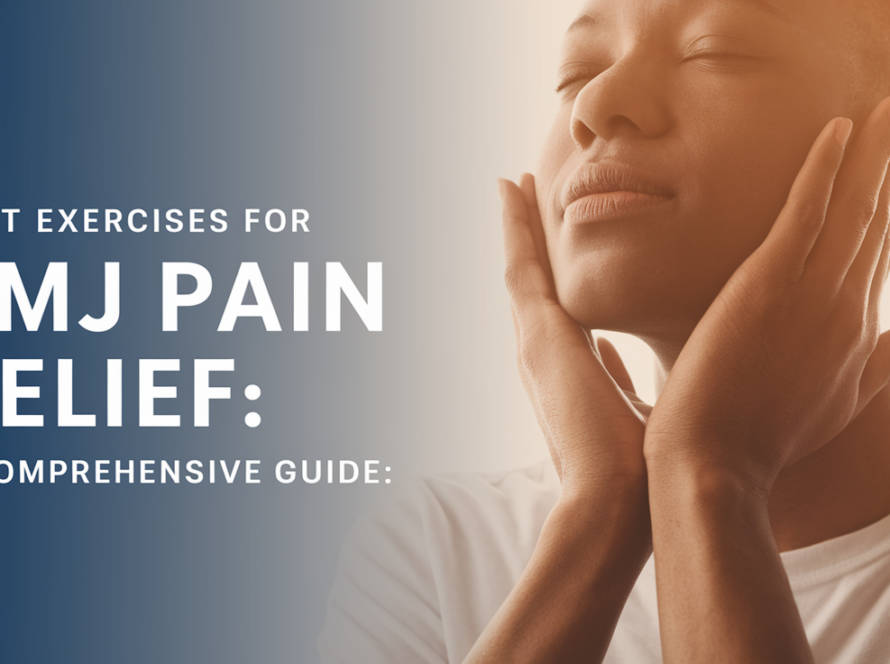Understanding TMJ Pain and TMJ Locking
TMJ pain treatment is crucial for individuals suffering from jaw discomfort, pain, and locking. There are various effective treatment options available, ranging from home remedies to advanced medical procedures. Whether you’re looking for immediate relief or long-term solutions, understanding the best TMJ pain treatments can help you manage and alleviate symptoms effectively.
The temporomandibular joint (TMJ) is a complex structure that connects the jawbone to the skull. It plays a crucial role in everyday functions such as chewing, speaking, and swallowing. However, when the TMJ becomes dysfunctional, it can lead to severe pain, discomfort, and even jaw locking—a condition known as TMJ disorder (TMD).
What Causes TMJ Pain?
There are several potential causes of TMJ pain, including:
- Incoordination within the joint structures (Internal derangement of the TMJ): the jaw joint includes a fibrous cartilage held within the joint space (in synovial fluid) by elastic ligaments. If the cartilage gets stuck, it can lead to pain and trouble moving the joint.
- Jaw Injury or Trauma
A direct blow to the jaw, whiplash, or accidents can damage the joint, causing joint sprain, inflammation, and chronic pain.
- Arthritis and TMJ Degeneration
Osteoarthritis, rheumatoid arthritis, and other inflammatory joint conditions can wear down the TMJ, leading to stiffness and discomfort.
- Teeth Grinding (Bruxism) and Clenching
Teeth grinding commonly does not lead to any jaw symptoms but in a small subset of patients, excessive grinding or clenching of teeth puts significant strain on the TMJ, leading to muscle fatigue, tightness, and pain.
- Poor Posture
Slouching or having poor neck posture can affect jaw orthopedics, leading to imbalanced joint movement and increased stress on the TMJ.
- Stress and Anxiety
Stress often causes unconscious jaw clenching, leading to increased muscle tension and pain in the TMJ.
What is TMJ Locking?
TMJ locking occurs when the jaw becomes stuck in an open or closed position, making it difficult or impossible to move. This condition is often accompanied by intense pain and a clicking or popping sound.
Types of TMJ Locking
- Closed Lock – The jaw remains shut, preventing opening beyond a few millimeters.
- Open Lock – The jaw gets stuck in an open position and cannot close properly.
Causes of TMJ Locking
- Disc displacement within the joint
- Severe muscle spasms
- Inflammation or swelling of the joint
- Advanced arthritis
- Structural abnormalities in the TMJ
- Hypermobility of the TMJ
Symptoms of TMJ Pain and TMJ Locking
Common symptoms associated with TMJ pain and locking include:
- Jaw pain or tenderness
- Clicking, popping, or grinding sounds during jaw movement
- Difficulty in chewing
- Limited jaw movement or complete jaw lock
- Headaches, earaches, and facial pain
- Swelling around the jaw joint
Diagnosing TMJ Disorders
A TMJ specialist (orofacial pain) or your dentist may use various diagnostic techniques, such as:
- Physical examination to assess jaw movement and tenderness
- X-rays, MRI, or CT scans to check for structural issues
Treatment Options for TMJ Pain and Locking
- Home Remedies and Lifestyle Adjustments
- Apply hot or cold packs to the affected area for pain relief.
- Perform gentle jaw stretches and massages to improve mobility.
- Avoid hard and chewy foods that can strain the TMJ.
- Practice stress management techniques such as meditation and deep breathing.
- Medications for TMJ Pain
- Nonsteroidal anti-inflammatory drugs (NSAIDs) like ibuprofen can help reduce pain and inflammation.
- Muscle relaxants can relieve jaw tightness and spasms.
- Corticosteroid injections are used for severe inflammation and pain management.
- Other injections
- Sodium hyaluronate, Plasma rich protein (PRP), Plasma rich fibrinogen, prolotherapy
- Dental and Orthodontic Treatments
- Mouthguards or splints can prevent teeth grinding and reduce pressure on the TMJ.
- Orthodontic treatment used to be a consideration several years ago; multiple studies have found that jaw alignment or your bite has almost no clear relationship to TMJ symptoms. While majority of patients who receive orthodontic treatment do not suffer from TMJ disorders, a small number of people can get better while a small number can get worse. A risk not worth taking because the symptoms may not be easily reversible.
- Physical Therapy
A TMJ specialist or physical therapist may recommend:
- Jaw strengthening exercises
- Ultrasound therapy
- Manual therapy for joint mobilization
- Posture correction techniques
- Surgical Treatments for Severe TMJ Disorders
In cases where conservative treatments fail, surgical options may be considered, including:
- Arthrocentesis – A minimally invasive procedure to flush out inflammatory substances from the joint.
- Arthroscopy – A small camera is inserted to diagnose and treat joint issues.
- Open joint surgery (TMJ replacement) – Recommended for severe joint degeneration or structural damage.
Preventing TMJ Pain and TMJ Locking
- Maintain good posture while sitting and standing.
- Avoid excessive jaw movements, such as chewing gum or biting nails.
- Use a custom-fitted mouthguard if you grind your teeth.
- Practice relaxation techniques to manage stress.
- Visit a dentist regularly
Final Thoughts
TMJ pain and TMJ locking can significantly affect daily life, but with proper diagnosis and treatment, relief is possible. If you experience persistent jaw discomfort, clicking sounds, or difficulty opening your mouth, seek professional help as soon as possible.


